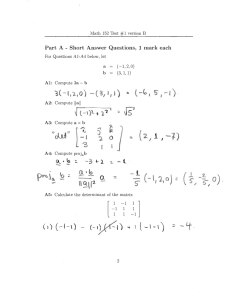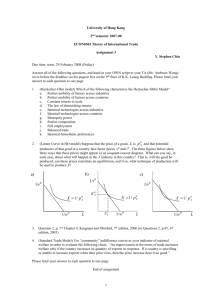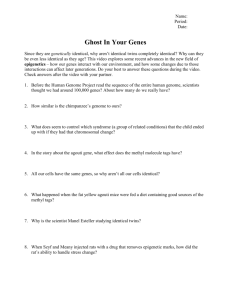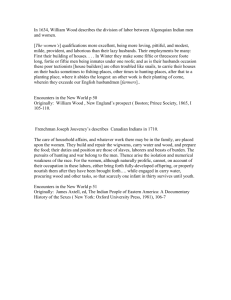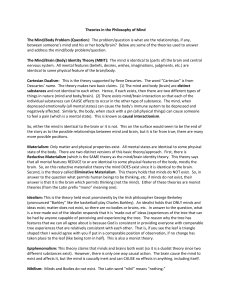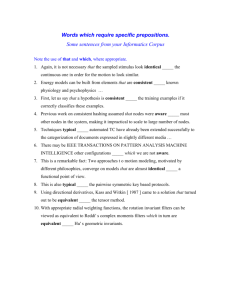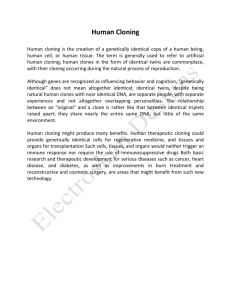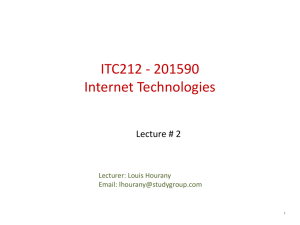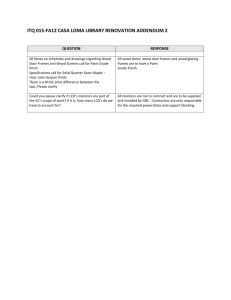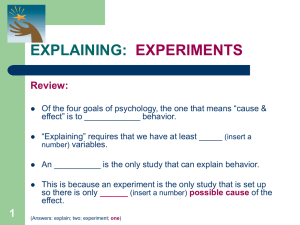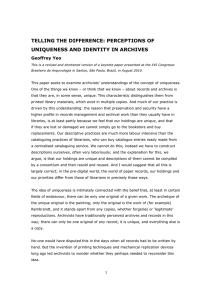Functionalism and the Critique of Reductionism
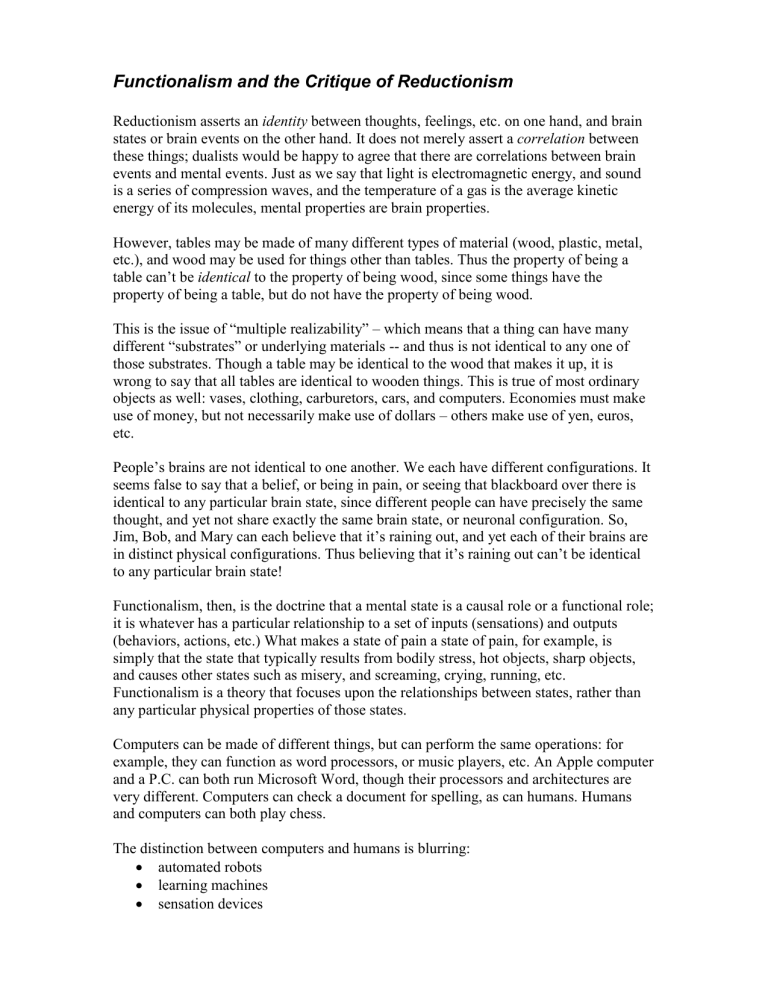
Functionalism and the Critique of Reductionism
Reductionism asserts an identity between thoughts, feelings, etc. on one hand, and brain states or brain events on the other hand. It does not merely assert a correlation between these things; dualists would be happy to agree that there are correlations between brain events and mental events. Just as we say that light is electromagnetic energy, and sound is a series of compression waves, and the temperature of a gas is the average kinetic energy of its molecules, mental properties are brain properties.
However, tables may be made of many different types of material (wood, plastic, metal, etc.), and wood may be used for things other than tables. Thus the property of being a table can’t be identical to the property of being wood, since some things have the property of being a table, but do not have the property of being wood.
This is the issue of “multiple realizability” – which means that a thing can have many different “substrates” or underlying materials -- and thus is not identical to any one of those substrates. Though a table may be identical to the wood that makes it up, it is wrong to say that all tables are identical to wooden things. This is true of most ordinary objects as well: vases, clothing, carburetors, cars, and computers. Economies must make use of money, but not necessarily make use of dollars – others make use of yen, euros, etc.
People’s brains are not identical to one another. We each have different configurations. It seems false to say that a belief, or being in pain, or seeing that blackboard over there is identical to any particular brain state, since different people can have precisely the same thought, and yet not share exactly the same brain state, or neuronal configuration. So,
Jim, Bob, and Mary can each believe that it’s raining out, and yet each of their brains are in distinct physical configurations. Thus believing that it’s raining out can’t be identical to any particular brain state!
Functionalism, then, is the doctrine that a mental state is a causal role or a functional role; it is whatever has a particular relationship to a set of inputs (sensations) and outputs
(behaviors, actions, etc.) What makes a state of pain a state of pain, for example, is simply that the state that typically results from bodily stress, hot objects, sharp objects, and causes other states such as misery, and screaming, crying, running, etc.
Functionalism is a theory that focuses upon the relationships between states, rather than any particular physical properties of those states.
Computers can be made of different things, but can perform the same operations: for example, they can function as word processors, or music players, etc. An Apple computer and a P.C. can both run Microsoft Word, though their processors and architectures are very different. Computers can check a document for spelling, as can humans. Humans and computers can both play chess.
The distinction between computers and humans is blurring:
automated robots
learning machines
sensation devices
